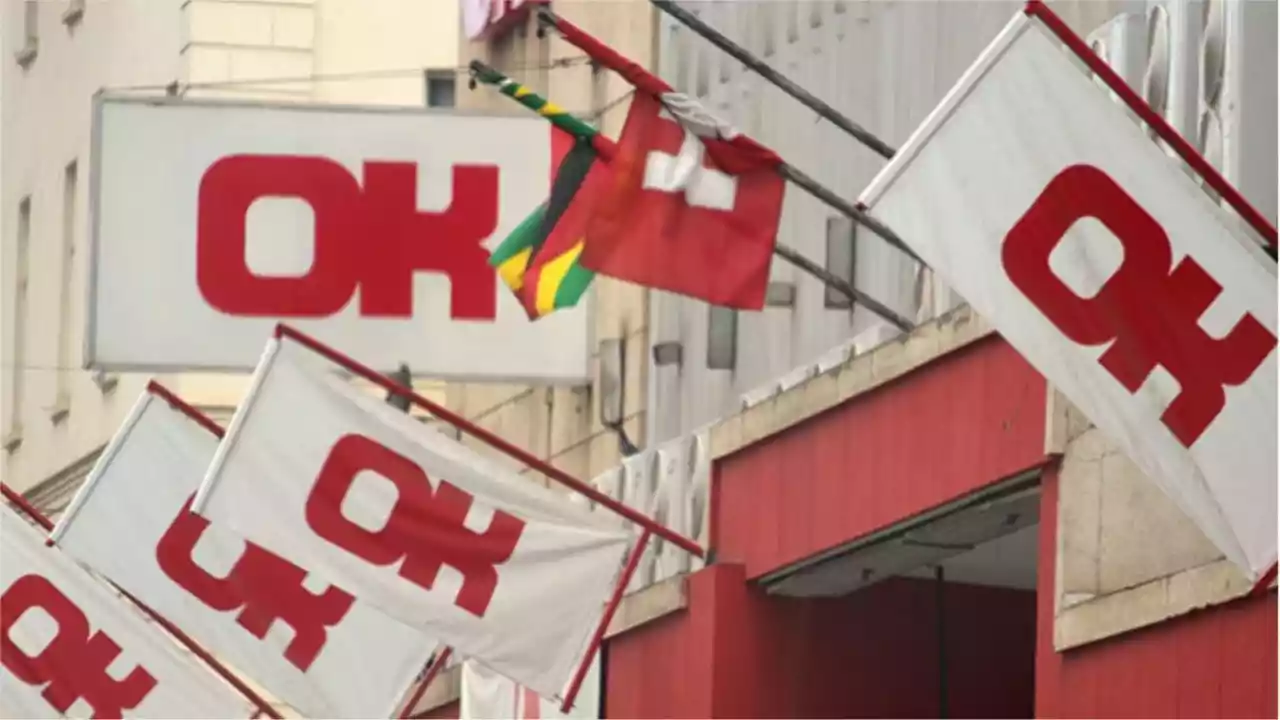
THE Confederation of Zimbabwe Retailers (CZR) says it is alarmed by the closure of formal retail and wholesale businesses despite authorities painting a rosy picture on the state of affairs in the sector.
The concern by CZR comes on the back of a deteriorating economic environment which has seen formal retailers being edged out by informal businesses that do not pay taxes.
“The Confederation of Zimbabwe Retailers is deeply concerned about the continued closure of formal retail and wholesale businesses, a direct consequence of the prevailing turbulent economic environment that has consistently failed to support formalised sector players,” the umbrella body of retailers and wholesalers said in a statement yesterday.
CZR said Spar Zimbabwe and N Richards had also begun shutting down some of their branches.
OK Zimbabwe has also been facing challenges, with some outlets seeing near-empty shelves daily.
“The recent closure of several outlets under the N Richards Group, coupled with Spar Zimbabwe’s painful decision to shut down Queensdale Spar, Choppies Zimbabwe’s exit from the market, and Mahommed Mussa’s significant reduction of shop space by 60%, highlights the growing crisis,” it said.
CZR said the fiscal, monetary, regulatory and statutory frameworks had remained unforgiving to formal retail and wholesale operators, creating “an uneven playing field” which has allowed the informal sector to dominate with little intervention to ensure equity.
“The unregulated informal sector offers goods at much lower prices, largely because it operates outside compliance with statutory obligations such as taxes, licensing fees and labour laws.”
- Industry reels under power cuts
- Business to engage ED over operating environment
- Harare’s City Parking now accepting EcoCash USD payments
- Underweight products flood local market
Keep Reading
CZR called for urgent intervention by President Emmerson Mnangagwa to “rescue what remains of the formalised retail and wholesale sector”.
“One of the most pressing challenges is the dual currency system, which disproportionately affects formal retailers and wholesalers. Formal businesses are compelled to accept the ZiG in a predominantly dollarised supply chain. This is exacerbated by key operational costs, such as fuel for generators, which must be paid for in USD while sales remain largely denominated in ZiG, with 80% of transactions in local currency,” CZR said, adding that punitive bank charges, including the Intermediated Money Transfer Tax, had “encouraged cash transactions, further shifting consumer activity to the informal sector and leaving formal businesses struggling to attract foot traffic”.
“Retailers and wholesalers are also burdened by excessive regulatory and compliance requirements, with over 30 separate licensing costs. This regulatory overload often exceeds the profits these businesses generate, effectively eroding their viability,” CZR said.
The retailers said while they acknowledged support from the Industry and Commerce ministry,“ it was clear that the root causes of the challenges were fiscal and monetary in nature” which required “urgent” and “decisive” action to ensure the survival of formal businesses.











